In a rare moment of unity, Germany’s political leaders are showing the world that even in times of disagreement, politics can be better. Ahead of the country’s national elections, now scheduled for February 23 (originally set for September), the country’s main political parties have signed an agreement to keep things fair and respectful on the campaign trail.
The agreement, as reported by Yahoo News, brings together Chancellor Olaf Scholz's Social Democrats (SPD), the opposition Christian Democrats (CDU/CSU), the Greens, Free Democrats (FDP), and The Left. Together, they’ve pledged to avoid personal insults, misinformation, and underhanded tactics in what could otherwise be a tense election season.
This move follows the collapse of Scholz’s governing coalition in November after an acrimonious split with the FDP. By advancing the polls from their original autumn date, Germany aims to restore stability—and part of that involves ensuring a more civilized campaign.
A refreshing change for politics
Politics can get messy, but Germany’s leaders seem determined to set a better example. The agreement outlines clear standards for civility and integrity, rejecting the divisive and harmful behavior that often dominates modern campaigns.
The pledge arrives at a crucial time, following fractures in established coalitions. Ensuring civility is not just a nice gesture—it’s necessary to maintain trust in democratic systems.
What’s in the pledge?
Here’s what the parties are committing to: transparency, honesty, and respect. The agreement spells out specifics that seem almost like common sense—but in today’s political climate, they feel like revolutionary acts:
- No fake news: Parties won’t use disinformation or fake news in their campaigns. Even third-party misinformation is off-limits.
- Transparency in messaging: Every campaign ad, post, and statement must clearly show its origin. No anonymous or misleading accounts are allowed.
- Rejection of violence: Acts like destroying posters or harassing campaigners are strictly forbidden.
- Ethical AI use: Parties have pledged not to use deepfake technology to misrepresent their opponents. Any AI-generated materials must be labeled clearly.
"We do not use deepfake technologies to put words into the mouths of political competitors that they have not actually spoken."
— Fairness pledge statement
One party stands apart
While most of Germany’s major political players signed the agreement, the populist Bündnis Sahra Wagenknecht (BSW) took a different path. The party, formed almost a year ago by Sahra Wagenknecht, combines left-wing social policies with anti-migrant rhetoric and pro-Russia leanings. BSW declined to join, calling the agreement “dishonest and self-righteous.”
BSW general secretary Christian Leye cited a tweet from CSU leader Markus Söder accusing the new party of being “led by Moscow” as proof of unfair treatment.
"The double standards could hardly be clearer."
— Christian Leye, BSW
At the same time, BSW has said it will uphold its own voluntary commitment to campaign fairly. In its new manifesto, BSW calls for a five-year rent freeze, a reversal of current renewable energy laws, and the halting of arms deliveries to Ukraine. It also proposes housing asylum seekers in safe countries outside the EU while their claims are processed.
Could this inspire other countries?
Germany’s decision to prioritize fairness and civility could be a model for other nations in a time when honesty and civility seem to be waning in political discourse.
As the campaign season unfolds, the true test will be whether Germany’s political leaders stick to their promises. But for now, they’ve sent a powerful message: politics can—and should—be better.





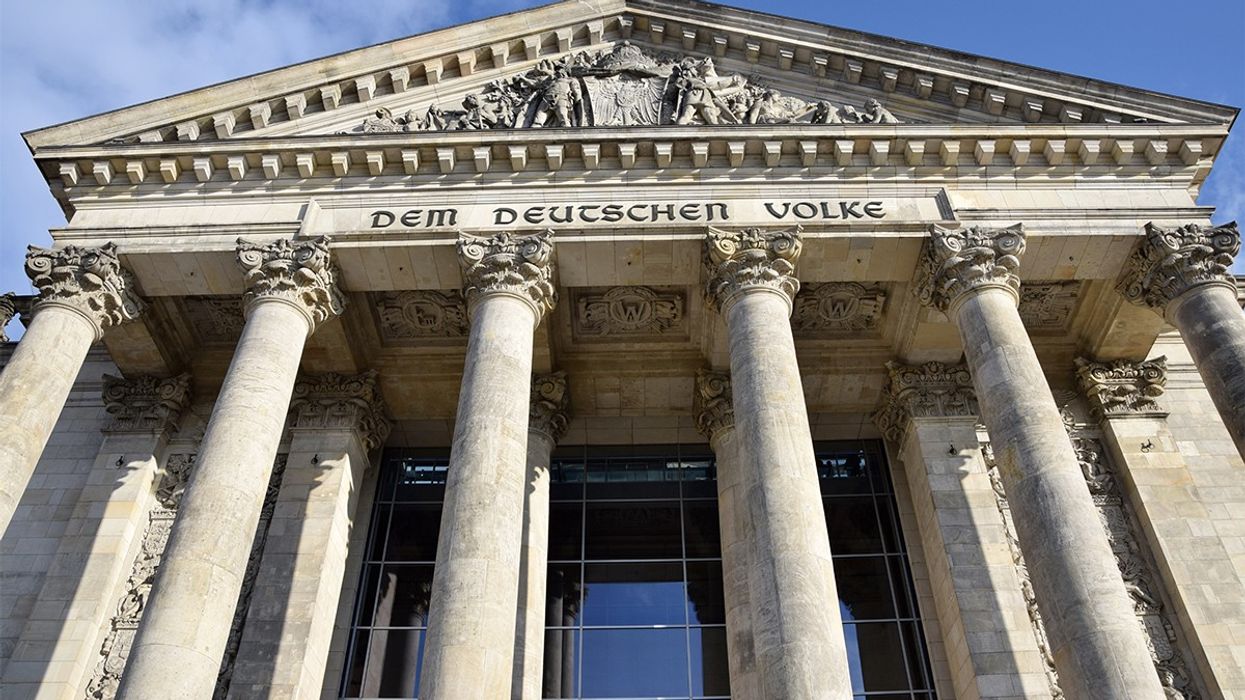






 It wasn't even February, so she wasn't expecting what came next.
It wasn't even February, so she wasn't expecting what came next.  The hug came first, the 'yes' took a few moments more.
The hug came first, the 'yes' took a few moments more. 





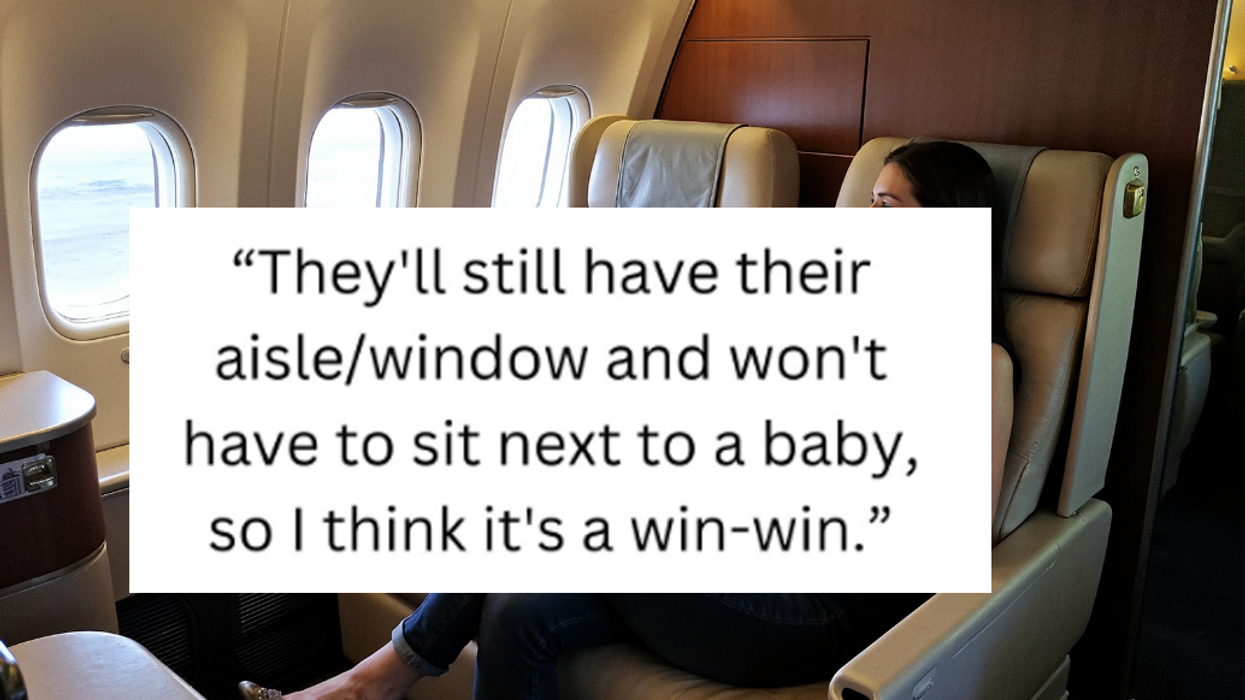
 Representative Image Source: Pexels | Oleksandr P
Representative Image Source: Pexels | Oleksandr P 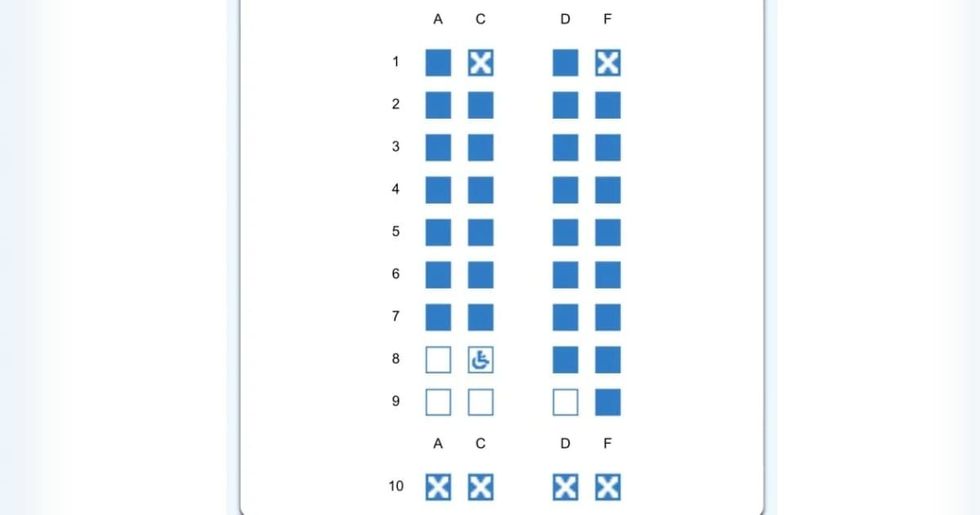 Layout of the plane seatsImage Source: Mumsnet |
Layout of the plane seatsImage Source: Mumsnet | 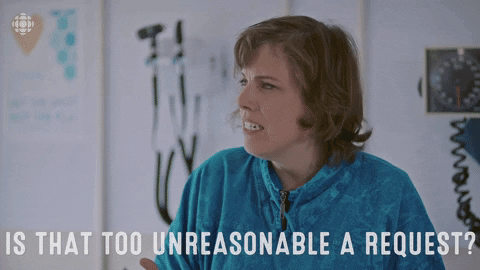



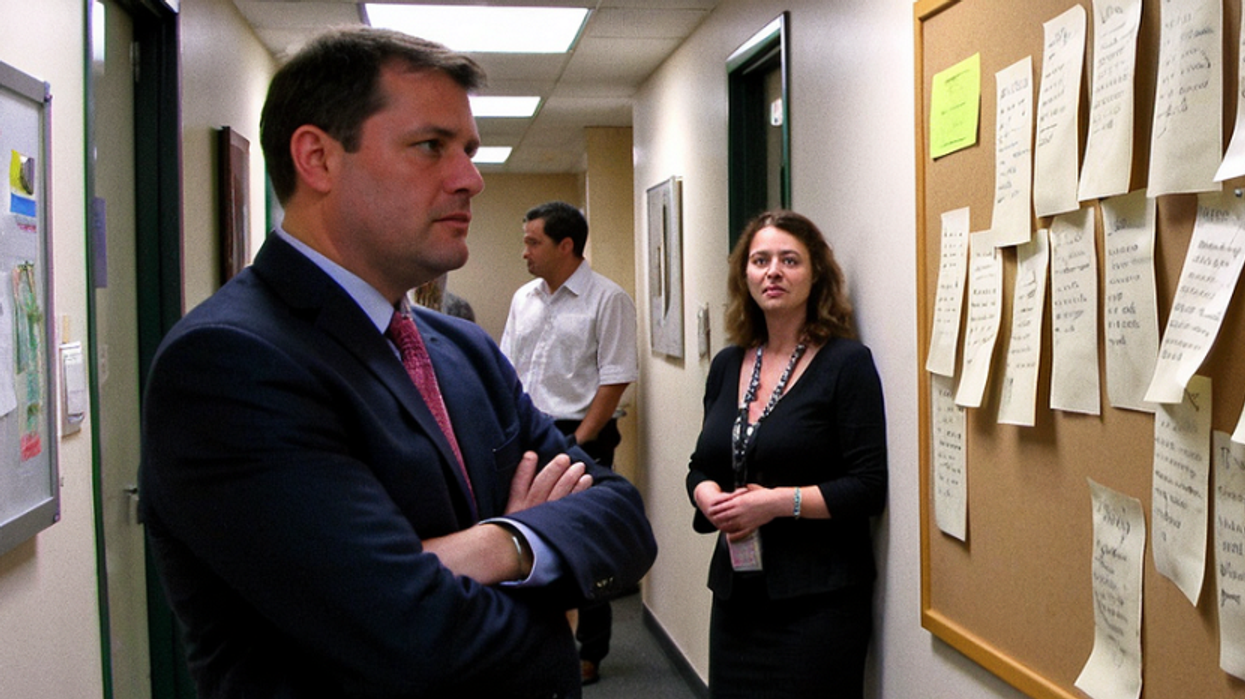
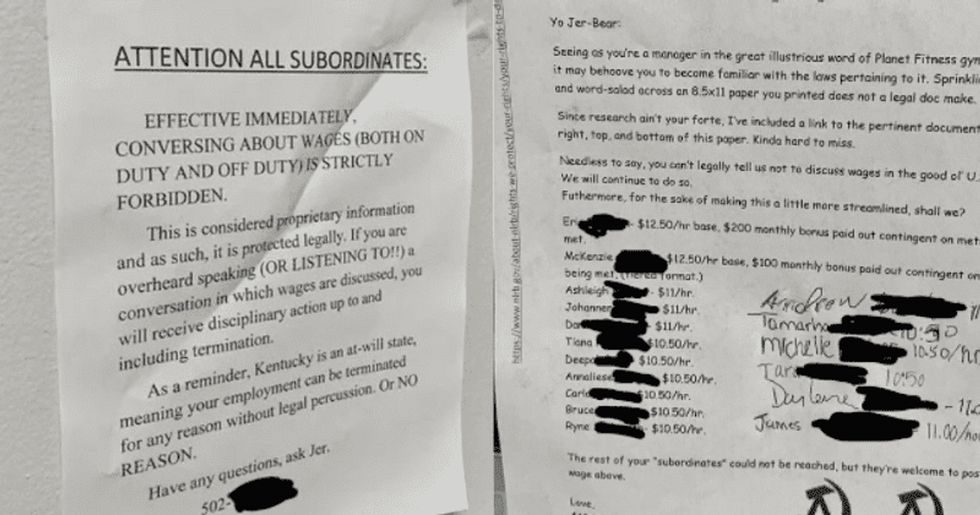 Image Source: Joshua Potash | Reddit
Image Source: Joshua Potash | Reddit 



 Representative photo by luis arias |
Representative photo by luis arias | 
 Representative photo by Jamie Lee |
Representative photo by Jamie Lee | 
